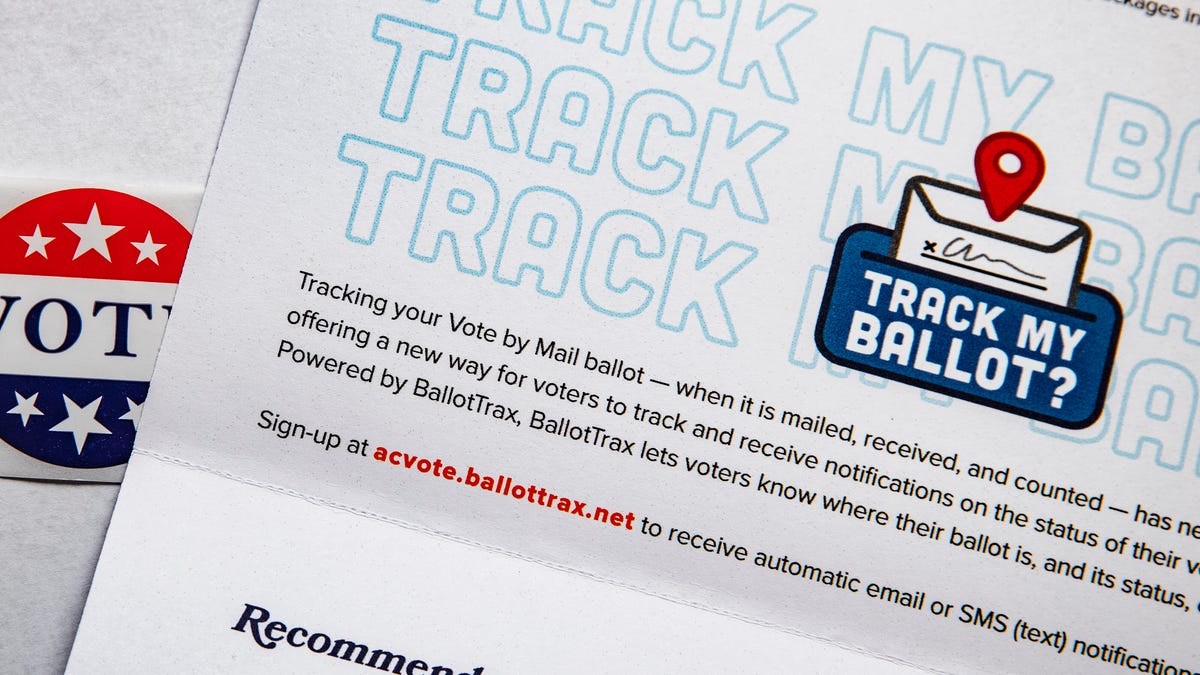FCC proposes $5.1 million fine for 2020 voter suppression robocalls
The agency says this would be the largest robocall-related fine ever for this type of violation.

The robocalls cited in the FCC lawsuit made false assertions about voting by mail, the agency says.
The Federal Communications Commission on Tuesday proposed a $5.1 million fine against two conservative lobbyists accused of making more than 1,000 unlawful robocalls that aimed to influence last year's presidential election.
Jack Burkman and Jacob Wohl, along with their associated lobbying firm, made 1,141 unlawful robocalls to wireless phones without prior express consent, a violation of the Telephone Consumer Protection Act, according the FCC. The penalty, which isn't final, is the largest ever TCPA robocall fine proposed by the commission.
Robocall campaigns that shared inaccurate information on voting by mail or that attempted to delay people from going to the polls were an issue in the lead-up to the 2020 presidential election. In this case, the robocalls falsely said people's personal information would be added to a public database used by police and debt collectors if they voted by mail, according to the FCC.
When reached for comment, Burkman & Associates called the proposed fine a distraction by the Biden administration. "We will not be deterred or discouraged," said a representative for the firm in an emailed statement on Wednesday.
This isn't the first time Burkman and Wohl have been tied to robocall campaigns seen as efforts to suppress voters. In October, Michigan Attorney General Dana Nessel reportedly charged the men with intimidating voters and conspiracy to violate election law for coordinating robocalls in that state, as well as in New York, Ohio, Pennsylvania and Illinois.
The FCC said it worked with the Ohio attorney general's office on its investigation after consumer complaints about the robocalls.

